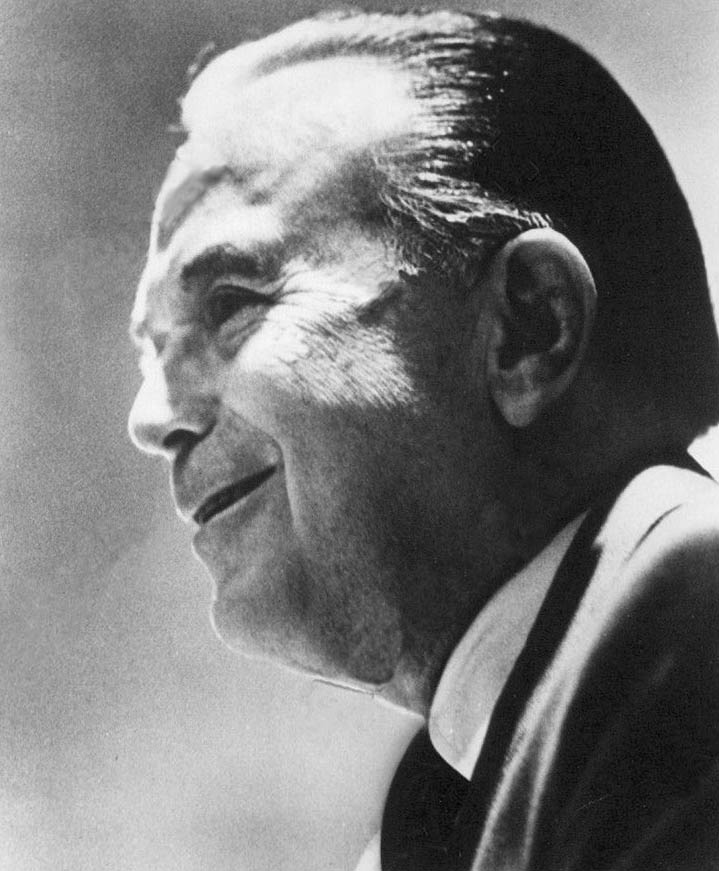A Brief History of Franchising

With a new year and a new decade in front of us, more adults begin to consider the many benefits of franchise ownership as a way to take greater control over their Income, Lifestyle, Wealth, and Equity (ILWE) goals. To help this new round of Seekers better understand the opportunities that await them by becoming franchise owners, we want to re-share this important article. This was published by Forbes in 2019, but written by the Visionary Founder of The Entrepreneur’s Source, Terry Powell, CFE.
Once upon a time, if you wanted to buy a franchise, you might have found an ad in the paper, like the one that appeared in a 1949 New York Times issue, which I recently found while combing through some online library newspaper archives.
“Do you have $10,000 to $20,000 to invest?” the headline blared in the classifieds. It continued: “We will set you up to operate a successful ladies cotton dress shop, on a franchise basis. Successful stores now operating in New York State, New Jersey and Long Island. You can locate the store in your own community, no experience necessary. Excellent opportunity to develop your own business and make a comfortable living. Write for appointment.”
It’s a different world now. There are franchise brokers, franchise websites, franchise books and than there are Career Transition Coaches such as myself.
I like looking back at the history of franchising, in part because I’m so interested in the future of franchising. But looking back at the past isn’t just an exercise in nostalgia. If you remember and understand where you’ve been, you can often figure out where you’re going. Looking to see how far we’ve come in franchising should serve as a reminder to everyone: It’s a lot easier to get into franchising than it used to be. There are far more opportunities and resources than there were in the past.
To show you what I mean, here’s a brief, incomplete history of franchising.
- 1921: It wasn’t the first franchise, but White Castle opened its first location in Wichita, Kansas. Maybe more important in the history of franchising is that they opened their secondlocation in 1922, in El Dorado, Kansas.
- 1935: Howard Johnson’s awarded its first franchise to Reginald Sprague. Sprague was a friend of Johnson’s (for those who don’t know, Howard Johnson’s was once a legendary franchise of restaurants and hotels; now, it’s barely alive as a brand).
- 1955: Ray Kroc opened the first franchised McDonald’sand began selling them pretty much everywhere. It was this decade and throughout the 1960s and ‘70s that franchising as a concept really took off.
Actually, I could list a lot more dates, but if we went through a thorough, comprehensive timeline, I’d have to spend years writing it, and you’d be taking years to read it. In fact, some people even credit Benjamin Franklin for being the father of franchising, suggesting that some of his printing partnerships resemble modern-day franchising. That would be fitting, since there’s even a plumbing franchise that named itself after Benjamin Franklin!
In Scott Shane’s 2005 book, From Ice Cream to the Internet: Using Franchising to Drive the Growth and Profits of Your Company, he suggests you can find franchising roots back in the Middle Ages when people bought the rights from feudal lords to collect their taxes.
But the point is that franchising has been around for some time now, in a lot of different forms. In some ways, things have changed a lot, and in some ways, not much at all.
For instance, on December 21, 1968, when Herman Petty of Chicago opened a McDonald’s franchise, he was the first African American to do so, well over a decade after the company had started franchising. Valerie Daniels-Carter, a very successful franchise owner (she owns over 120 of them, including Pizza Hut and Auntie Anne’s), recalled trying to buy a Burger King franchise in the early 1980s. She says that even back then there weren’t many African American female franchise owners and described the franchising world then as not having a glass ceiling, but a cement one.
Of course, there’s still a lot of work that needs to be done to encourage more diversity in franchising. But especially in the last couple of decades, with the internet democratizing information, and the advent of franchise and business coaches, it’s easier than ever to become a franchise owner.
Back when I started The Entrepreneur’s Source® in 1984, the paperwork you had to fill out and keep track of for a franchise could fill an entire filing cabinet. Now, you’ve got all the same information on a flash drive. Back then, if you wanted to learn anything about franchising, you’d have to pore through books in the library to get a sense of what type of franchises existed, or you might spend a fortune traveling to a franchise trade show to meet people in the industry and collect a small pile of brochures.

The information that took hours, days and sometimes weeks and months to gather, you can now find in minutes or hours, and you can explore the possibilities online without ever leaving your home. There are, as you can imagine, numerous articles and videos online that can help you get a sense of what types of franchises are out there and whether the franchising world is right for you. There are online franchise classes and seminars, some of them free and some not, that will, for instance, help walk you through the state and federal laws that govern franchising.
And that’s where the future appears to differ greatly from the past. There’s easier access to education about entrepreneurship and franchising and more variety than ever. In 1984, if you wanted to explore self-sufficiency through franchising, there weren’t as many possibilities as there are today, and going through the education, awareness, and discovery process was not only time-consuming, but there was not as much information available, especially from a self-directed approach. Today, in 2020, the possibilities are endless.
The evolution of franchising has certainly changed throughout the years, but one thing has remained the same: that entrepreneurial itch that hundreds of thousands of individuals have. They know there’s a better way to achieve their goals than dealing with the uncertainty that comes with corporate America.
If you’re ready to get started finding your franchise match, we invite you to begin your journey : Just complete all five steps of FranchiseMatch.com® to take the first step toward your new alternative career.

